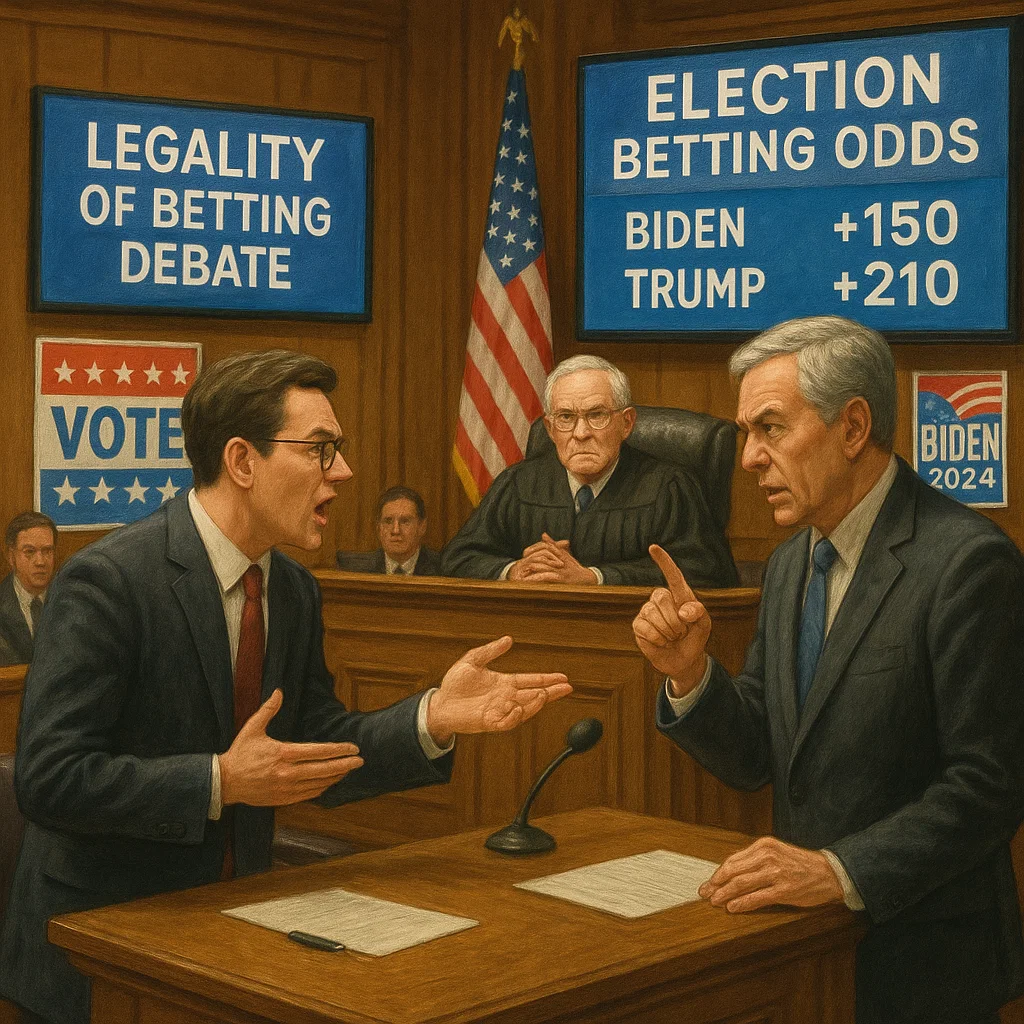Betting without Lugas Legally Challenged Grey Areas of Political Gambling
The concept of betting without lugas (wetten ohne lugas) refers to navigating around certain German regulatory frameworks that govern gambling activity. People think that this is restricting their freedom to engage in betting more freely. While such discussions often revolve around entertainment, they connect closely to broader debates about regulation and law. One of the most complex areas where regulation collides with gambling practices is political betting, a sector filled with legal uncertainties and unique challenges.
Political Betting as a Global Phenomenon
Across the world, betting on elections and political outcomes has grown steadily in popularity, reflecting how deeply gambling has expanded into new areas of public interest. From presidential races and parliamentary contests to local referendums, people are betting not only for the potential of profit but also for a heightened sense of connection to democratic processes.
For many, placing a bet on an election adds an extra layer of excitement and personal investment in the outcome. However, the legal treatment of political gambling is far from uniform, with regulations and restrictions varying significantly by region.
In some countries, it is tightly controlled or outright banned due to ethical concerns. In other countries, it is considered a legitimate extension of the betting industry.
Betting without Lugas and Regulatory Grey Areas
In many jurisdictions, political gambling occupies a legal grey area, caught between the principles of free expression and the risks of prohibited activity. Regulators are often reluctant to fully endorse it, largely due to concerns about integrity, fairness, and the possibility that betting markets could influence real-world political behavior.
Questions are frequently raised about whether large wagers or manipulated odds might sway public opinion or even undermine trust in democratic institutions. As a result, the global landscape remains highly fragmented. For instance, some countries have embraced political betting as a form of legitimate entertainment, while others impose strict bans to safeguard their electoral processes. This lack of uniformity highlights the ongoing tension between innovation in gambling markets and the need to protect political integrity.
Gambling’s Ethical Implications

Beyond questions of legality, political gambling also raises significant ethical concerns. Allowing bets on elections and democratic outcomes can spark debates about whether such practices compromise the integrity of the political process.
Critics argue that turning elections into wagering opportunities risks reducing civic duty to a game of chance, potentially undermining public trust in democratic systems. There are also fears that political betting could open the door to manipulation, where financial incentives might influence how information is shared or how campaigns are perceived.
On the other hand, some suggest that it could encourage greater civic engagement by sparking interest in political events. Ultimately, the ethical dilemma centers on whether political gambling enhances participation or weakens the very foundations of democracy.
Preparing Guidelines for Political Gambling
The ongoing evolution of political betting laws suggests that this area will remain controversial. As governments grapple with how to regulate online platforms, questions about transparency, accountability, and influence will continue to shape policies. Political gambling is not just a matter of entertainment. It reflects how societies balance individual freedoms with the protection of democratic systems.

